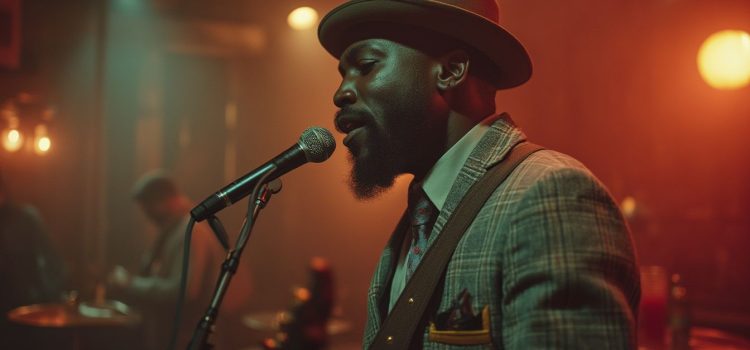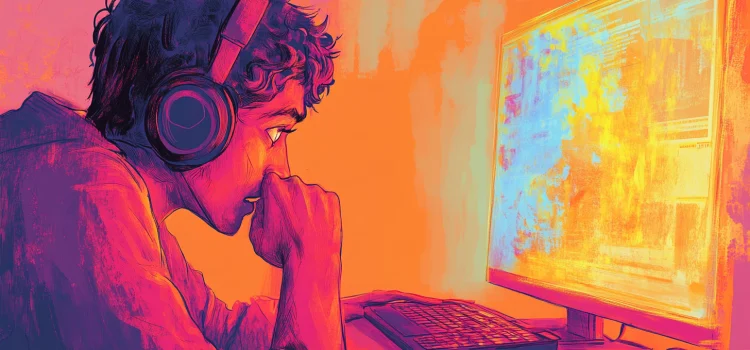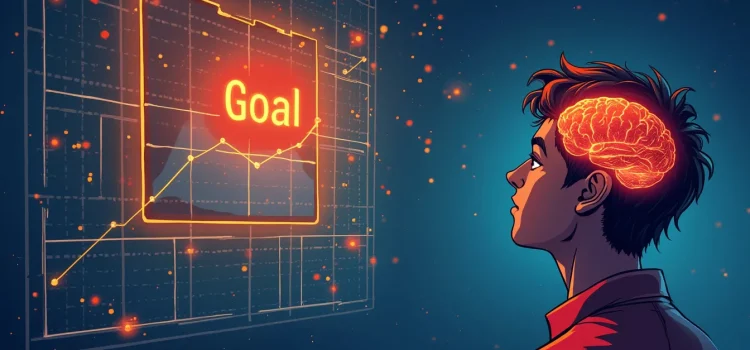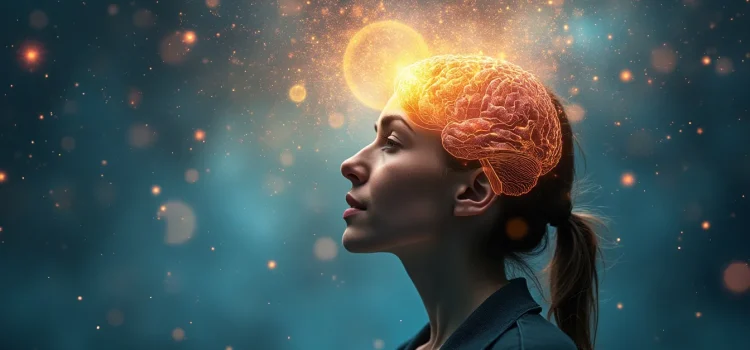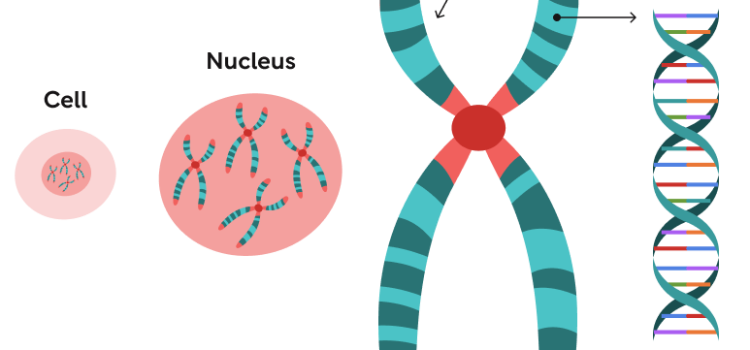What drives the evolution of human culture? How do ideas spread and transform across generations? According to Daniel Dennett, memes are the cultural equivalent of genes. Like genes in biological evolution, memes are units of culture that replicate, mutate, and compete for survival in the realm of human ideas and behaviors. Continue reading to explore how memetic evolution shapes our societies, from the evolution of music genres to the development of scientific knowledge.
Daniel Dennett: Memes Are Units of Cultural Transmission
